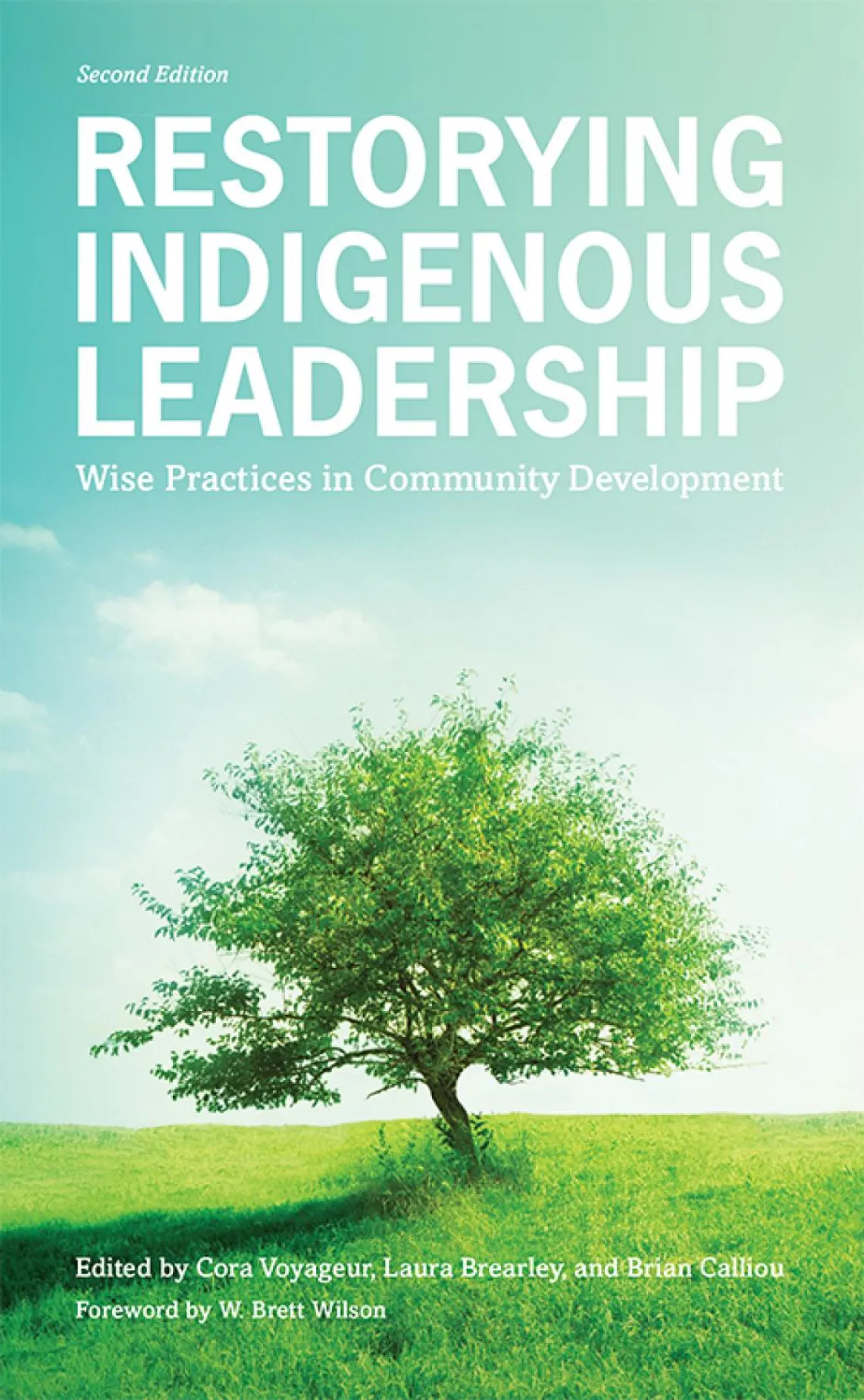Four Contemporary Tensions in Indigenous Nation Building: Challenges for Leadership

Published by Banff Centre Press, Restorying Indigenous Leadership: Wise Practices in Community Development is a foundational resource of the most recent scholarship on Indigenous leadership. The following is an excerpt from the introduction by editors Cora Voyageur, Laura Brearley, and Brian Calliou.
Since leadership plays an important role in any community, Indigenous leadership scholarship advocates opportunities for leaders within Indigenous communities to gain the knowledge and skills required to fulfill the needs and aspirations of their peoples and to foster economic development. Yet over the years, states have imposed their laws and institutions upon Indigenous peoples, resulting in the loss of traditional leadership and governance. There has been a pattern of non-Indigenous leadership practices being forced upon Indigenous communities, exacerbated by the media portraying Indigenous communities and their leaders in a negative light, which sociologists have termed a “deficit paradigm” (Ponting and Voyageur 2001). Restorying Indigenous Leadership: Wise Practices in Community Development shares different stories, which collectively could be referred to as a “strength-based” paradigm: specific examples of wise practices and successful leadership in Indigenous communities.
Citation
Jorgensen, Miriam. 2014. "Four Contemporary Tensions in Indigenous Nation Building: Challenges for Leadership." In Restorying Indigenous Leadership: Wise Practices in Community Development, edited by Cora Voyaguer, Laura Brearley and Brian Calliou, 185-213. Banff, Alberta: Banff Centre for Leadership, Management, and the Arts.

